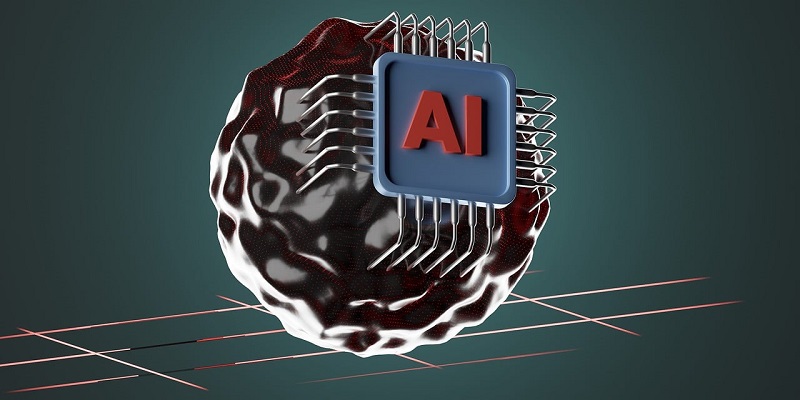Artificial intelligence (AI) has revolutionized numerous industries, transforming the way businesses operate. Yet, the true potential of AI is becoming increasingly evident in the onboarding process. Employing AI-driven systems and tools can streamline onboarding, enhance personalization, and foster skill development. Let’s delve deeper into how AI is reshaping the onboarding landscape.
AI’s role in onboarding
AI possesses the ability to analyze an employee’s professional history, skills, and even personality traits, allowing for a more nuanced onboarding approach. By leveraging this data, AI can curate a unique onboarding experience tailored to each individual. Consequently, new hires feel more valued and engaged from the start.
Automating Tasks
One of the undeniable benefits of incorporating AI in the onboarding process is the automation of mundane administrative tasks. From paperwork and document verification to scheduling and logistics, AI-driven systems can handle these tasks, ensuring accuracy and freeing up HR professionals to focus on more strategic activities. As a result, HR teams can dedicate their time to fostering employee engagement and strategic planning.
Skill Development and Mentorship
One challenge in onboarding is identifying skill gaps in new hires and providing relevant training. AI can help bridge this gap by recommending suitable training modules for new employees lacking specific skills. Additionally, AI can facilitate mentorship programs, pairing new hires with experienced professionals in their field. This mentorship dynamic ensures that employees hit the ground running, gaining valuable guidance and support from day one.
AI-powered support through chatbots
Enhanced support during the onboarding process is crucial for a seamless transition into a new role. AI-powered chatbots and virtual assistants play a pivotal role in providing 24/7 guidance to new hires. These intelligent bots can answer queries in real-time, schedule orientation sessions, and even gather feedback to continuously refine the onboarding process. As a result, new hires feel supported and empowered throughout their onboarding journey.
Adaptability and Evolution of Onboarding
The true power of AI lies in its ability to learn and adapt. This ensures that the onboarding process is not static but evolves with time, always aligned with the company’s goals and the needs of its employees. AI can analyze feedback, identify areas for improvement, and implement changes accordingly. With an AI-driven onboarding process, companies can continuously optimize their onboarding strategies, leading to improved employee retention and satisfaction.
The Future of Onboarding with AI
The future of onboarding is undeniably intertwined with AI. The potential of AI goes beyond the traditional onboarding process. AI tools, such as paystub generators, that seamlessly integrate AI, are just the tip of the iceberg. Companies that recognize and harness AI’s potential in onboarding will undoubtedly lead the way in shaping the future of employee onboarding. The benefits of increased efficiency, personalized experiences, and skill development make AI a valuable asset in the evolving world of HR.
AI has emerged as a game-changer in the onboarding process, revolutionizing the way organizations bring new employees on board. By leveraging AI’s capability to analyze professional history, customize experiences, and automate tasks, companies can create smoother onboarding experiences. AI-powered support through chatbots ensures that new hires receive round-the-clock guidance, while the adaptability of AI guarantees a dynamic onboarding process. The future of onboarding lies with organizations that recognize and embrace AI’s potential to drive success in building a talented and engaged workforce. By harnessing AI, companies can lead the way in transforming the onboarding landscape and setting new industry standards.

